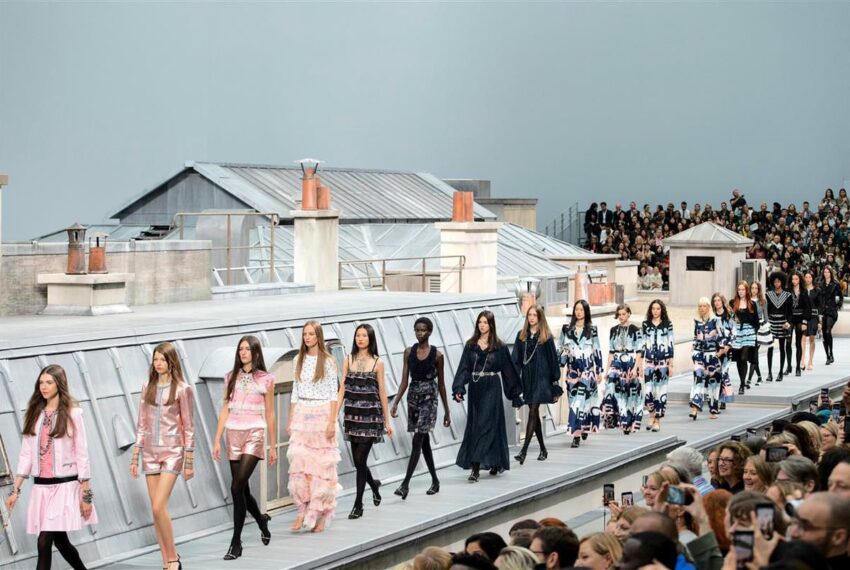
These days, Fashion Week is the talk of the town. With events in cities such as New York, London, Milan and Paris, it not only sets the trends that will define the coming season, but also has a significant impact on the global economy and culture. From emerging designers to big names in the industry, these shows are more than just a spectacle: they are the stage where the concept of fashion is redefined, million-dollar deals are made and new forms of artistic expression are explored.
Fashion and economy: much more than clothes
Fashion Week is not just a catwalk to showcase the latest collections. It is estimated that each event generates millions in revenue, not only for the participating brands, but also for the host cities. Hotels, restaurants, transportation and luxury services experience an increase in demand, turning these events into temporary economic drivers. For example, a recent study showed that Paris Fashion Week contributes around 1.2 billion euros annually to the local economy.
Fashion as a reflection of society
In addition to the financial impact, Fashion Week has a profound influence on culture and social perception. Through the collections, designers not only showcase garments, but also express opinions on the current state of the world, addressing issues such as sustainability, inclusion and equality. On this year’s catwalks, for example, many designers have opted for recycled fabrics and hired models of various ethnicities, ages and sizes, reflecting a trend towards diversity and social responsibility.
Key trends for this year
This year, the trends presented were a reflection of our post-pandemic era: comfort and functionality mixed with a touch of extravagance. Natural fabrics and loose cuts are in abundance, as well as eye-catching details such as feathers, glitter and intense colours. In addition, the influence of digital fashion is undeniable, with some brands launching virtual versions of their collections, accessible through online platforms and even augmented reality environments.
Beyond luxury: sustainable fashion and technology
Sustainability and technology have been two of the most discussed topics this year. The fashion industry has been criticised for its environmental impact, and in response, designers are increasingly turning to responsible practices. From using natural dyes to adopting more transparent supply chains, major brands are seeking to reconcile their need for innovation with environmental responsibility.
At the same time, technology is increasingly present in fashion, with the use of artificial intelligence to predict trends and analyse consumer behaviour, as well as the growth of the digital fashion market and NFTs (non-fungible tokens) as new forms of collectibles.
What’s next for fashion?
The impact of Fashion Week goes far beyond the clothes we will see in shops in a few months. It sets the pulse of the industry and shows us where the business is heading, both in terms of style and in terms of ethics and technology. What is decided on today’s catwalks affects not only consumers, but also the way brands communicate, operate and evolve.
For Broadway Consulting, it is critical to keep abreast of these changes, as fashion is a reflection of broader changes in society. Understanding where the industry is moving can provide companies with valuable lessons on how to adapt and innovate in their respective fields.
